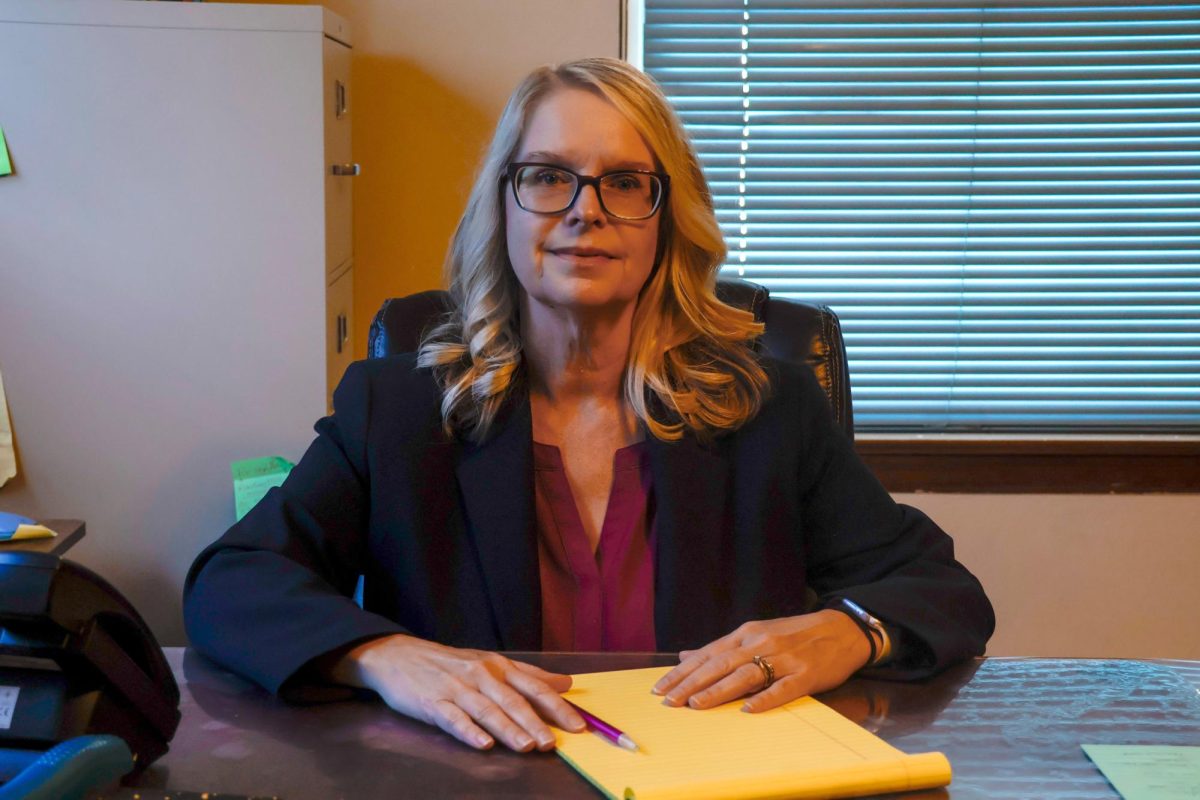Supreme Court ruling makes it harder to monitor US elections
October 22, 2016
WASHINGTON — Next month’s presidential election will be the first in more than 50 years that the federal government won’t send special observers to monitor elections in states with histories of discriminatory voting practices.
After the Supreme Court’s 2013 decision in Shelby County v. Holder weakened a core provision of the Voting Rights Act of 1965, the U.S. Department of Justice could send such observers only where authorized by court orders. Because of that requirement, the department will send a smaller number of staff attorneys and other personnel to monitor elections next month in roughly half the states.
Unlike the special observers, the department staffers won’t have the authority to view activity inside polling places and locations where votes are tallied unless local officials approve. That potential loss of access to voting operations is causing concern among civil- and voting-rights activists about the integrity of elections.
Advertisement
“Not having that seat on the front lines creates a disadvantage,” said Kristen Clarke, the president and executive director of the Lawyers’ Committee for Civil Rights Under Law. “I think you need to be inside the polling sites shoulder to shoulder with poll workers and observing carefully every aspect of the process to ensure all voters are treated fairly.”
Republican presidential nominee Donald Trump asked supporters to monitor polling places as “Trump election observers” to “stop crooked Hillary from rigging this election,” according to his website. Given Trump’s talk about voter fraud, some fear that the presence of untrained, partisan Trump observers could lead to voter intimidation.
Federal observers “watch the election process, to collect evidence, to deter wrongdoing, to defuse tension and to promote compliance” with federal law, Vanita Gupta, head of the civil rights division at the Justice Department, said in a recent speech. They also look for different treatment of voters based on race and whether materials and assistance are provided for non-English speakers and voters with disabilities.
The Voting Rights Act allowed the attorney general to send observers to nine states with persistent histories of widespread voting discrimination if there were “meritorious complaints from residents, elected officials or civic participation organizations” that efforts to deny or hinder the right to vote “on account of race or color or (membership in a minority language group) are likely to occur.”
In 11 states, 153 counties have been certified for federal observers since 1965.
Mississippi’s 51 certified counties lead all states. Georgia is next, with 29 of its 159 counties — about 18 percent — authorized for federal monitors at least once since 1965.
___
Advertisement*
(c) 2016 McClatchy Washington Bureau
Visit the McClatchy Washington Bureau at www.mcclatchydc.com
Distributed by Tribune Content Agency, LLC.
Advertisement









